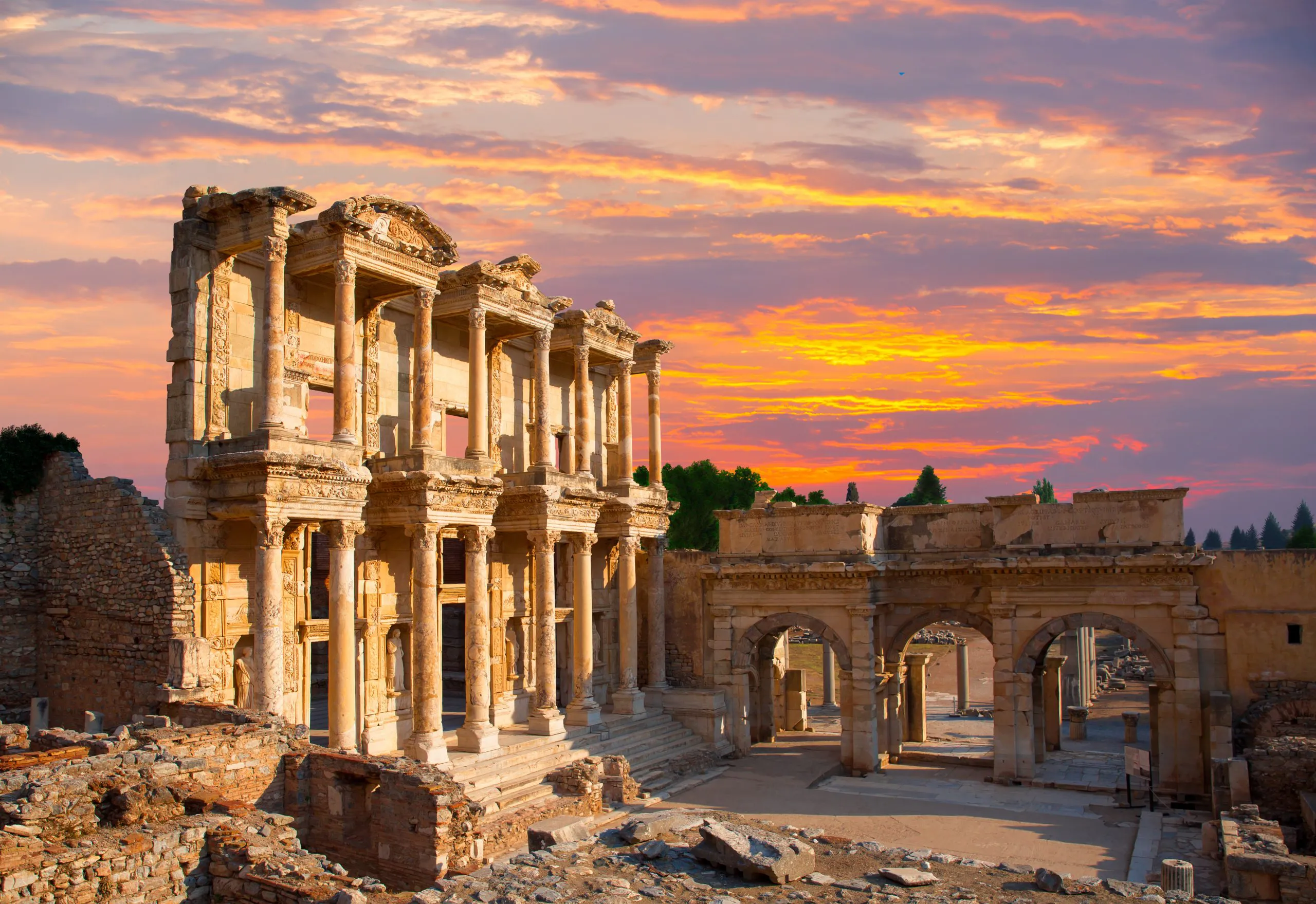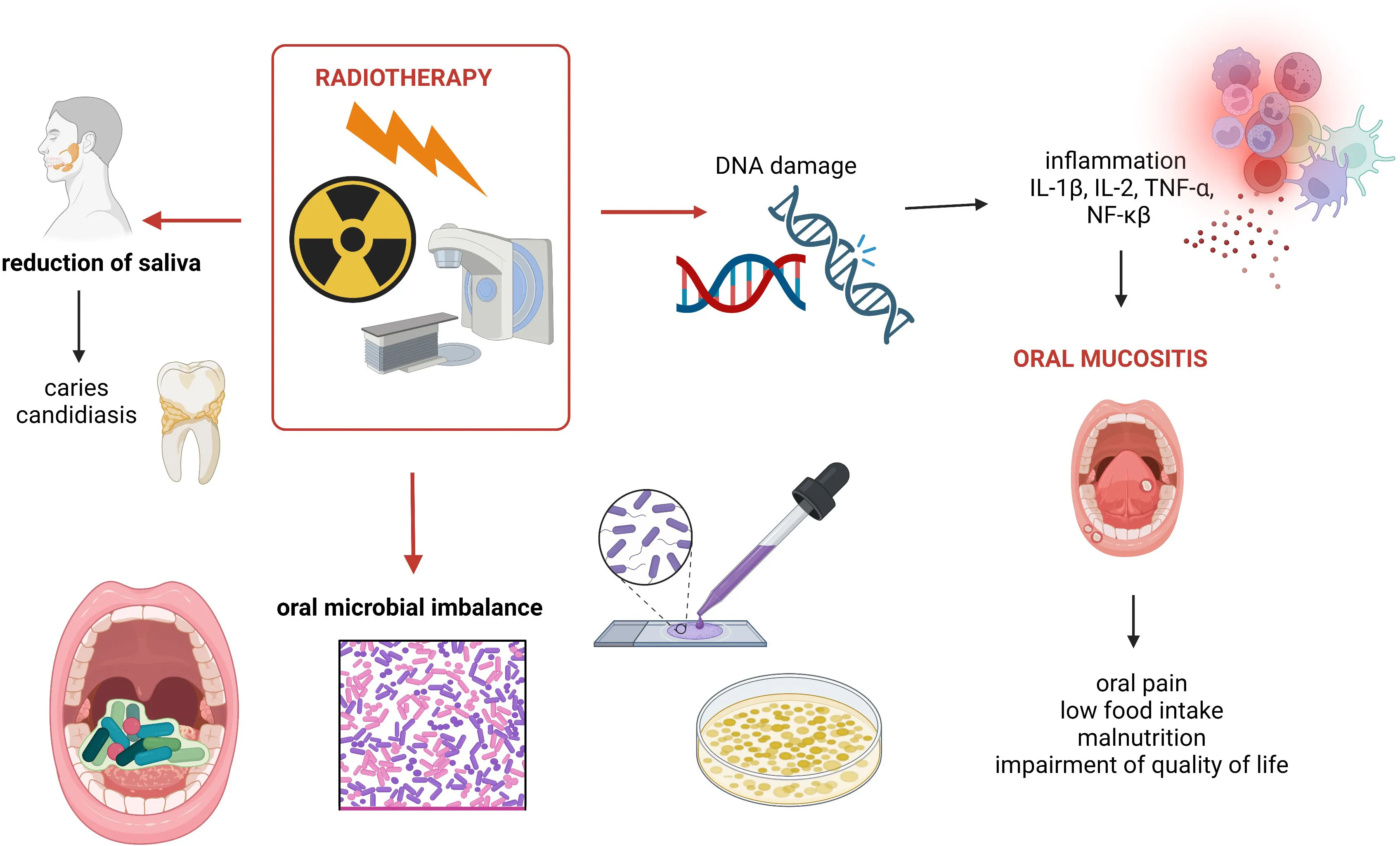اتجاهات
Anti-Cancer Therapy Options in Pediatric Patients, Prevalence of Oral Mucositis, and Treatment Strategies in Saudi Arabia: A Cross-Sectional Survey
Biometrics System and its Uses in Forensic Science
Preventive Measures to Prevent the Abuse of Mydrapid and Plegica eye Drops as Narcotics in Palestine
Introduction: Ancient Rome, known for its contributions to civilization, also had a unique approach to medicine. The Roman perspective on healthcare reveals a fascinating blend of science, tradition, and cultural beliefs.
Medical Practices in Ancient Rome: Medical knowledge in Ancient Rome was based on a combination of Greek medicine, practical experience, and folklore. Roman physicians, known as "medici," treated a wide range of ailments using a variety of methods, including herbal remedies, surgical procedures, and dietary interventions.
The Role of Religion and Beliefs: Religion played a significant role in Roman medicine. Temples dedicated to healing deities like Asclepius were places of both worship and treatment. Romans believed in the divine intervention of gods in curing illnesses, alongside medical interventions.
Public Health and Sanitation: The Romans were pioneers in public health and sanitation. They constructed aqueducts and public baths, recognized the importance of clean water, and implemented measures to ensure public hygiene.
Legacy and Influence: The Roman approach to medicine laid the foundation for future medical practices. Their emphasis on observation, documentation, and public health measures contributed to the development of modern medicine.
شارك هذا المنشور:

Dr. William Jonhnson
Retina SpecialistLorem ipsum dolor sit amet, consectetur adipiscing elit, sed do eiusmod tempor incididunt ut labore et dolore magna aliqua. Ut enim ad minim veniam, quis nostrud exercitation ullamco laboris nisi ut aliquip ex ea commodo consequat. Duis aute irure dolor in reprehenderit in voluptate velit esse cillum dolore eu fugiat nulla pariatur. Excepteur sint occaecat cupidatat non proident, sunt in culpa qui officia deserunt mollit anim id est laborum.








